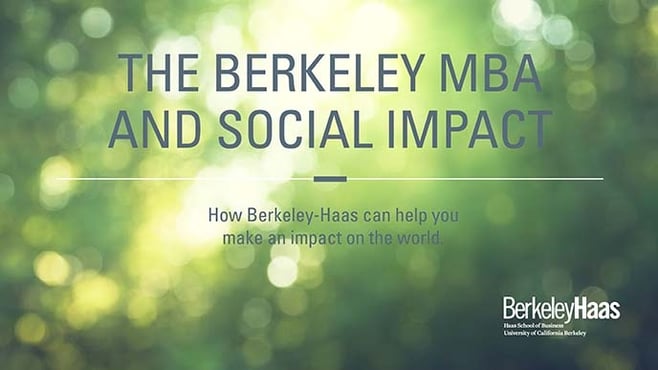Events & Promotions
|
|

GMAT Club Daily Prep
Thank you for using the timer - this advanced tool can estimate your performance and suggest more practice questions. We have subscribed you to Daily Prep Questions via email.
Customized
for You
Track
Your Progress
Practice
Pays
Not interested in getting valuable practice questions and articles delivered to your email? No problem, unsubscribe here.
- Nov 20
07:30 AM PST
-08:30 AM PST
Learn what truly sets the UC Riverside MBA apart and how it helps in your professional growth
lavnads
Joined: 17 Oct 2016
Last visit: 27 Oct 2018
Posts: 12
Own Kudos:
Given Kudos: 1
Schools: Darden '20 (A)
Kudos
Bookmarks
bb10
Mine was ready for review on 2nd and the status hasn't changed since...wondering the same! :-/
asokg
Joined: 17 Jan 2017
Last visit: 06 Jun 2017
Posts: 16
Own Kudos:
Given Kudos: 1
Location: United States (CA)
Concentration: Strategy
Schools: Anderson '19 (A$) Booth '19 (D) Duke '19 (D) Haas '19 (D) Kellogg '19 (D) Ross '19 (WL) Wharton '19 (D) McCombs '19 (WD) Foster '19 (A$)
GMAT 1: 750 Q51 V40

GPA: 3.35
Schools: Anderson '19 (A$) Booth '19 (D) Duke '19 (D) Haas '19 (D) Kellogg '19 (D) Ross '19 (WL) Wharton '19 (D) McCombs '19 (WD) Foster '19 (A$)
GMAT 1: 750 Q51 V40

Posts: 16
Kudos:
5
Kudos
Bookmarks
I am in the same boat as you, app went under review on the second, although someone else got an invite a month after their app went under review, so it leaves a tiny possibility open.
lavnads
Rohit6
Joined: 29 Jun 2015
Last visit: 18 Feb 2018
Posts: 238
Own Kudos:
Given Kudos: 7
Location: Singapore
Concentration: Operations, General Management
Schools: ISB '18 (A) Kellogg 1YR '18 (M$) Tepper '19 (A) Anderson '19 (A$) Judge"18 (D) Duke '19 (D) Sloan '19 (D) Haas '19 (WL) Ross '19 (WL) LBS '19 (D) Insead Sept '17 (D)
GMAT 1: 740 Q50 V40

GPA: 3.4
WE:Manufacturing and Production (Manufacturing)
Schools: ISB '18 (A) Kellogg 1YR '18 (M$) Tepper '19 (A) Anderson '19 (A$) Judge"18 (D) Duke '19 (D) Sloan '19 (D) Haas '19 (WL) Ross '19 (WL) LBS '19 (D) Insead Sept '17 (D)
GMAT 1: 740 Q50 V40

Posts: 238
Kudos:
80
Kudos
Bookmarks
Same here. Application went under review on 6-7th Feb and no info since. Chances are reducing with every passing day.
bb10
























